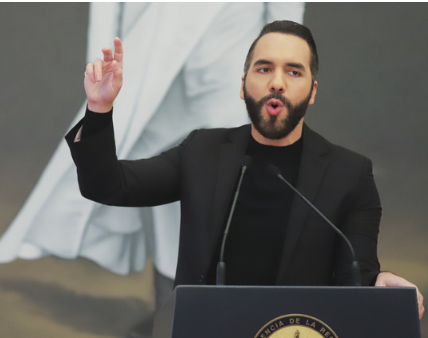
Neal Katyal, one of Washington’s most respected legal figures, has spent much of his career championing the defense of democratic norms, notably taking on Donald Trump-era challenges that threatened the foundations of American democracy. His efforts to safeguard the right to vote and combat attempts at election subversion earned him a strong following, especially among progressives. Yet, recently, Katyal has found himself embroiled in a battle in his home state of New Jersey that is stirring outrage among his once-loyal supporters.
Katyal, who gained national prominence as acting solicitor general under the Obama administration, is now representing the Middlesex County Democratic Organization in a legal fight to preserve the state’s controversial “county line” ballot system. The system has been long criticized by democracy advocates for allowing political machines to give favored candidates a huge advantage in primary elections by placing their names at the top of the ballot. This practice, seen by many as a remnant of machine-style politics, can discourage challengers and distort the democratic process.
While Katyal’s involvement may seem disconnected from his usual advocacy for electoral fairness, the stakes in New Jersey could be just as consequential as his high-profile Supreme Court battles. A federal judge recently ruled that the county line system was unconstitutional for the upcoming primary elections, sparking celebrations among reformers who saw it as a victory for democracy. But Katyal’s decision to file an amicus brief supporting the status quo has left many of his admirers baffled and disillusioned.
Prominent figures in New Jersey’s political landscape are voicing their disappointment. “It’s inappropriate for someone who positions themselves as an advocate for democracy to engage in something that’s abetting voter suppression,” said Staci Berger, a local Democratic dissident. “It’s a contradiction and it’s hypocritical.”
For those who admire Katyal for his staunch defense of democratic principles, his actions in this case feel like a betrayal. Advocates like Yael Niv, of the Good Government Coalition of New Jersey, expressed their amazement and disappointment, calling Katyal’s stance “on the wrong side of history.”
Katyal’s reasoning for supporting the county line system is rooted in the notion of convenience for voters. In his brief, Katyal argues that the system “makes voting more efficient” for low-information voters, allowing them to easily identify and vote for candidates affiliated with a political party. In a state known for its complex local elections, the system provides a shortcut for voters to pick candidates aligned with their party’s slate. However, critics, including attorney Yael Bromberg, argue that the county line system is inherently undemocratic, skewing electoral outcomes and perpetuating the power of political insiders.
As tensions rise over the case, it’s clear that the stakes are not just legal but political as well. For Katyal, this case is particularly poignant given his past role as a defender of democratic integrity. His participation in this case highlights a tension between his professional career, which often involves taking high-profile, lucrative cases, and his public image as a proponent of justice and fairness. It also raises questions about the broader implications of his legal strategy: Is he fighting to preserve the integrity of elections, or is he simply supporting a well-paying client whose interests align with the powerful political establishment?
Katyal has long been seen as an advocate for democracy, successfully defending the independent state legislature doctrine and playing a key role in protecting election oversight. Yet, his involvement in this case exposes a paradox at the heart of his career: Can a lawyer who defends democracy on one hand also justify defending a system that skews electoral fairness on the other?
The controversy over Katyal’s role in the county line litigation also underscores the challenges that arise when the legal world intersects with politics. Like other high-profile attorneys who have faced backlash for taking on controversial clients, Katyal is confronting the difficult question of whether legal ethics should take precedence over political considerations. In the court of public opinion, his decision to support the status quo in New Jersey has caused many to reconsider their view of him as a staunch defender of democratic values.
Meanwhile, Katyal’s defenders argue that his involvement in the case is a matter of legal integrity. As a high-powered attorney, he is bound to represent clients who seek his expertise, and his actions do not necessarily reflect his personal political beliefs. However, for many progressives, the irony of Katyal, who has spent his career fighting for free and fair elections, now aligning himself with a system that they believe distorts democracy, is hard to reconcile.
This legal battle in New Jersey may not have the high-profile cachet of a Supreme Court case, but for Katyal’s admirers, it raises important questions about the intersection of law and politics. How should we view a public figure who has spent years advocating for democratic reforms but then uses his considerable legal talent to defend a system that, to many, seems to perpetuate the very kind of political manipulation he’s spent his career fighting against?
The outcome of this case will have consequences beyond New Jersey’s borders. It could serve as a reminder that even the most principled advocates for democracy can find themselves on the other side of a legal battle when political interests are at stake. For now, Katyal’s supporters are left wondering whether he will remain the hero they once thought he was, or whether his legacy will be shaped by this unexpected turn in his career.





